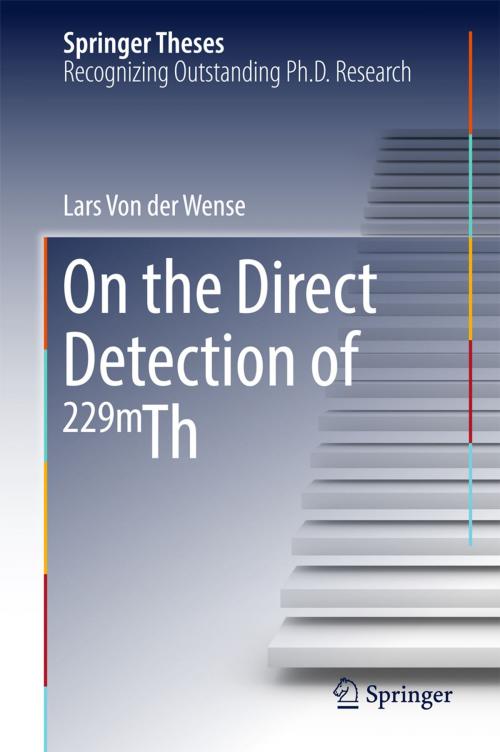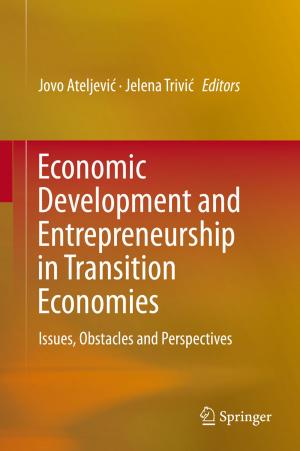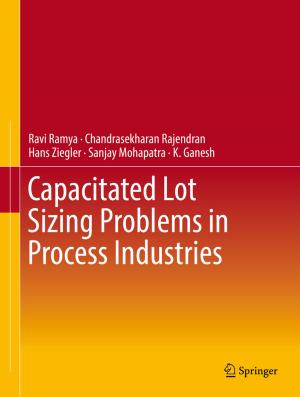On the Direct Detection of 229m Th
Nonfiction, Science & Nature, Science, Other Sciences, Weights & Measures, Physics, Nuclear Physics| Author: | Lars Von der Wense | ISBN: | 9783319704616 |
| Publisher: | Springer International Publishing | Publication: | December 22, 2017 |
| Imprint: | Springer | Language: | English |
| Author: | Lars Von der Wense |
| ISBN: | 9783319704616 |
| Publisher: | Springer International Publishing |
| Publication: | December 22, 2017 |
| Imprint: | Springer |
| Language: | English |
This thesis describes the first detection of a nuclear transition that had been sought for 40 years, and marks the essential first step toward developing nuclear clocks.
Atomic clocks are currently the most reliable timekeepers. Still, they could potentially be outperformed by nuclear clocks, based on a nuclear transition instead of the atomic transitions employed to date. An elusive, extraordinary state in thorium-229 seems to be the only nuclear transition suitable for this purpose and feasible using currently available technology. Despite repeated efforts over the past 40 years, until recently we had not yet successfully detected the decay of this elusive state.
Addressing this gap, the thesis lays the foundation for the development of a new, better frequency standard, which will likely have numerous applications in satellite navigation and rapid data transfer. Further, it makes it possible to improve the constraints for time variations of fundamental constants and opens up the field of nuclear coherent control.
This thesis describes the first detection of a nuclear transition that had been sought for 40 years, and marks the essential first step toward developing nuclear clocks.
Atomic clocks are currently the most reliable timekeepers. Still, they could potentially be outperformed by nuclear clocks, based on a nuclear transition instead of the atomic transitions employed to date. An elusive, extraordinary state in thorium-229 seems to be the only nuclear transition suitable for this purpose and feasible using currently available technology. Despite repeated efforts over the past 40 years, until recently we had not yet successfully detected the decay of this elusive state.
Addressing this gap, the thesis lays the foundation for the development of a new, better frequency standard, which will likely have numerous applications in satellite navigation and rapid data transfer. Further, it makes it possible to improve the constraints for time variations of fundamental constants and opens up the field of nuclear coherent control.















